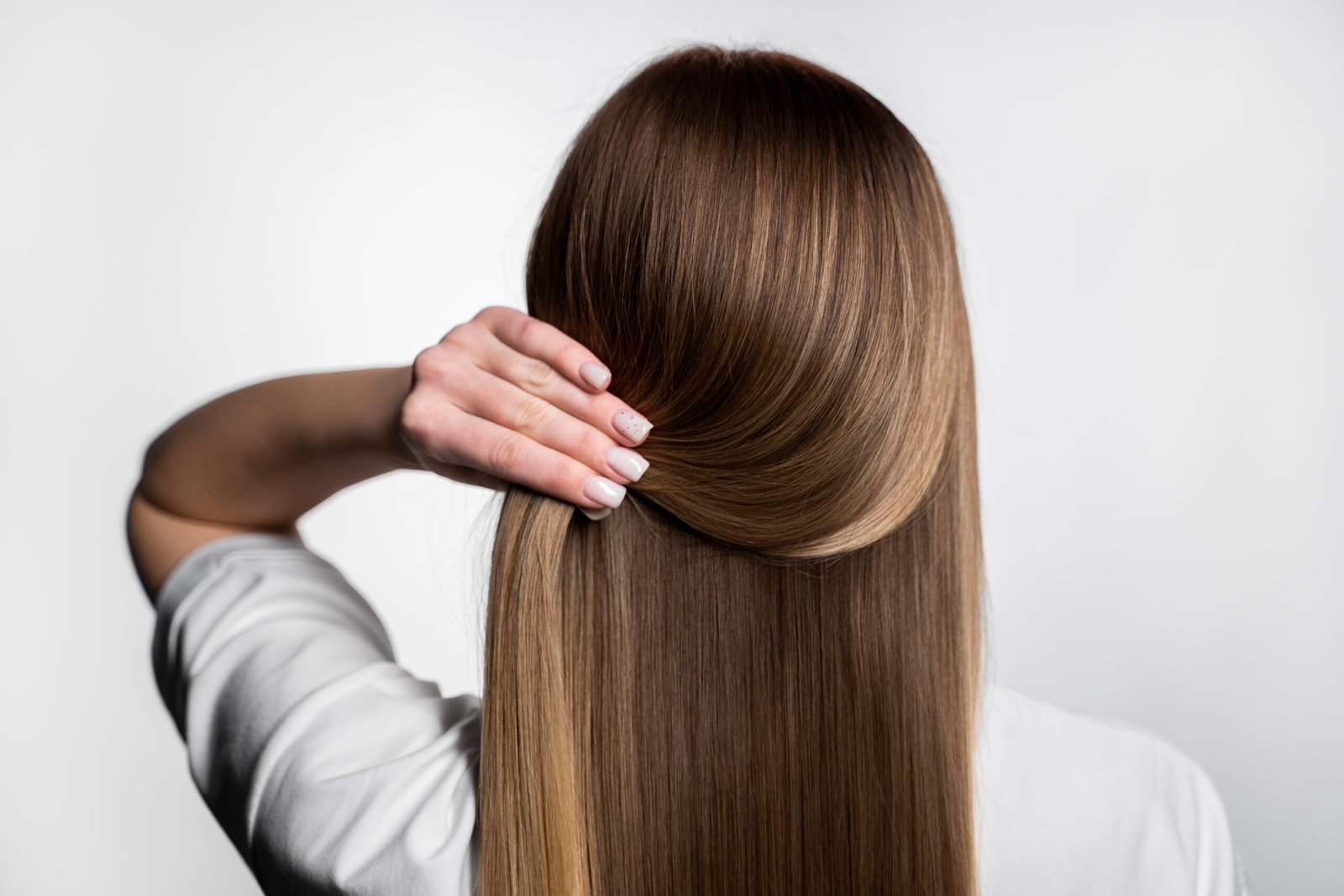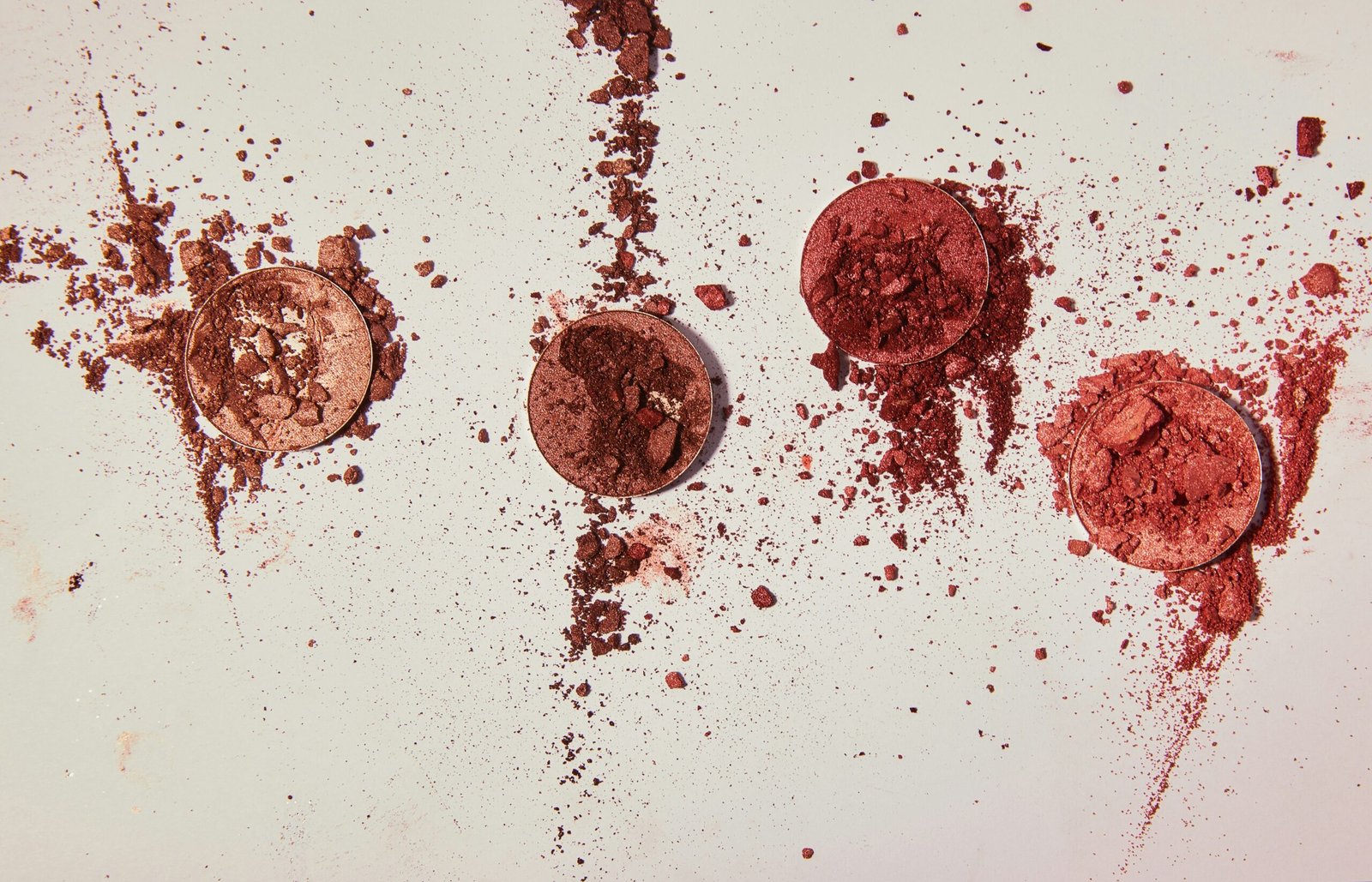Ever wonder what gives your hair that shine and your nails that strength? It’s all thanks to a superhero ingredient called keratin! Your body naturally produces keratin, but you can give it a helping hand with the rich keratin food.
We’re talking luscious locks, glowing skin, and nails that won’t chip easily. Sign us up! This comprehensive guide explores the top 15 keratin-rich foods to include in your diet to enhance keratin production.
So, let’s get ready to ditch the split ends and say goodbye to weak nails with the power of your diet!
Understanding Keratin and Its Importance
Keratin is a fibrous protein forming the key structural material of the outer layer of human skin, hair, and nails. It acts as a protective shield against damage and stress. Enhancing keratin production can lead to:
- Stronger Hair: Preventing breakage and promoting growth.
- Healthier Skin: Providing elasticity and resilience.
- Tougher Nails: Reducing brittleness and promoting growth.
Top 15 Rich Keratin Food
- Eggs:
- Rich in biotin, which is essential for keratin production. Eggs also provide protein and other vitamins like B12 and riboflavin.
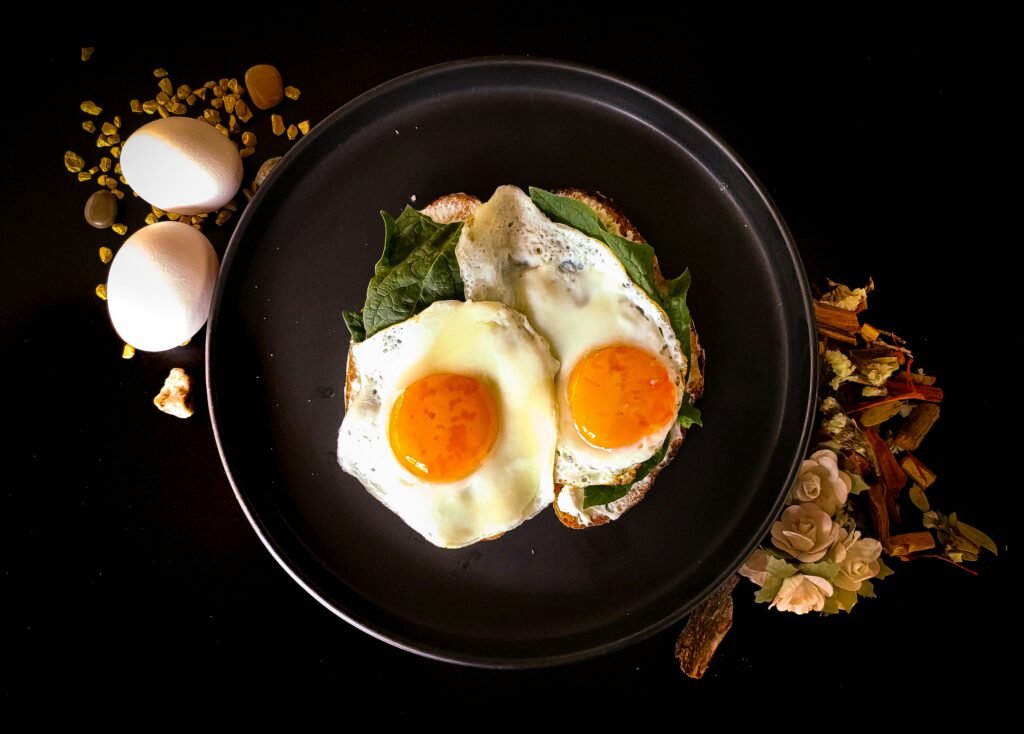
2. Salmon:
- Packed with omega-3 fatty acids and protein, which support keratin production and scalp health.
3. Sweet Potatoes:
- High in beta-carotene, which the body converts into vitamin A, promoting keratin synthesis.
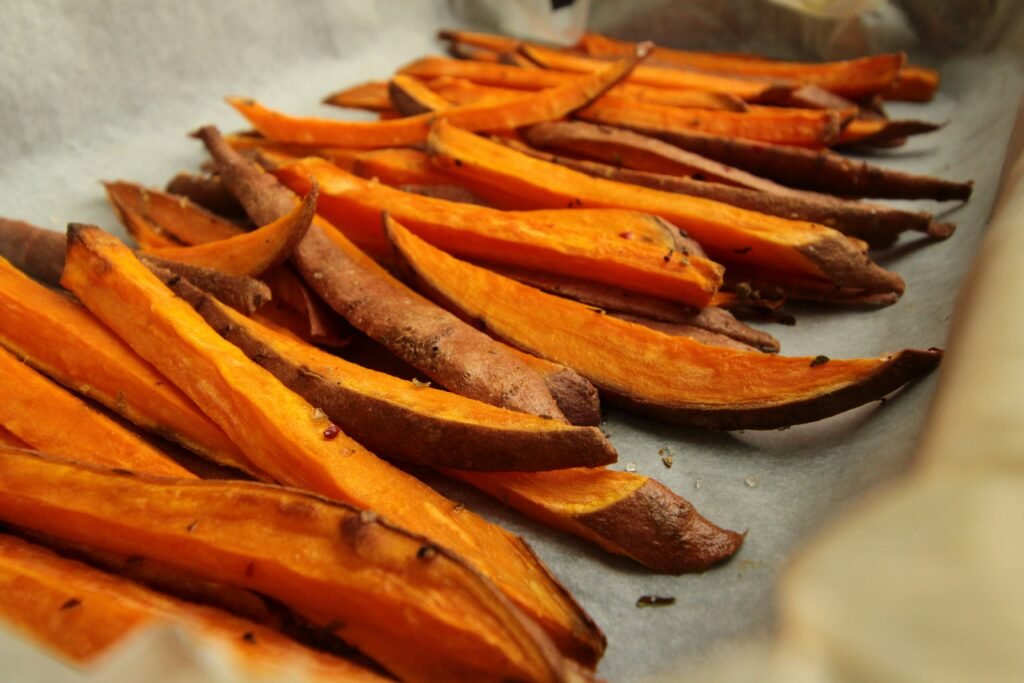
4. Sunflower Seeds:
- Contain biotin and vitamin E, which are important for keratin production and hair growth.
5. Mangoes:
- Rich in vitamins A and C, which aid in collagen production and promote healthy skin and hair.
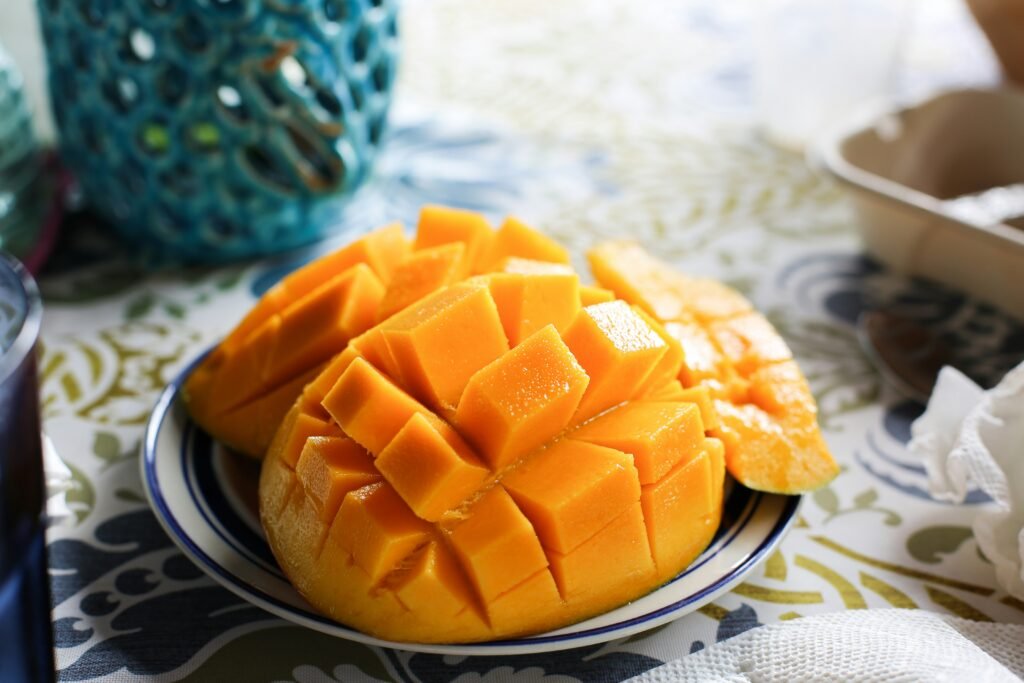
6. Garlic:
- Contains N-acetylcysteine, a plant compound that helps the body produce keratin.
7. Carrots:
- High in beta-carotene and vitamin A, supporting keratin production and promoting a healthy scalp.
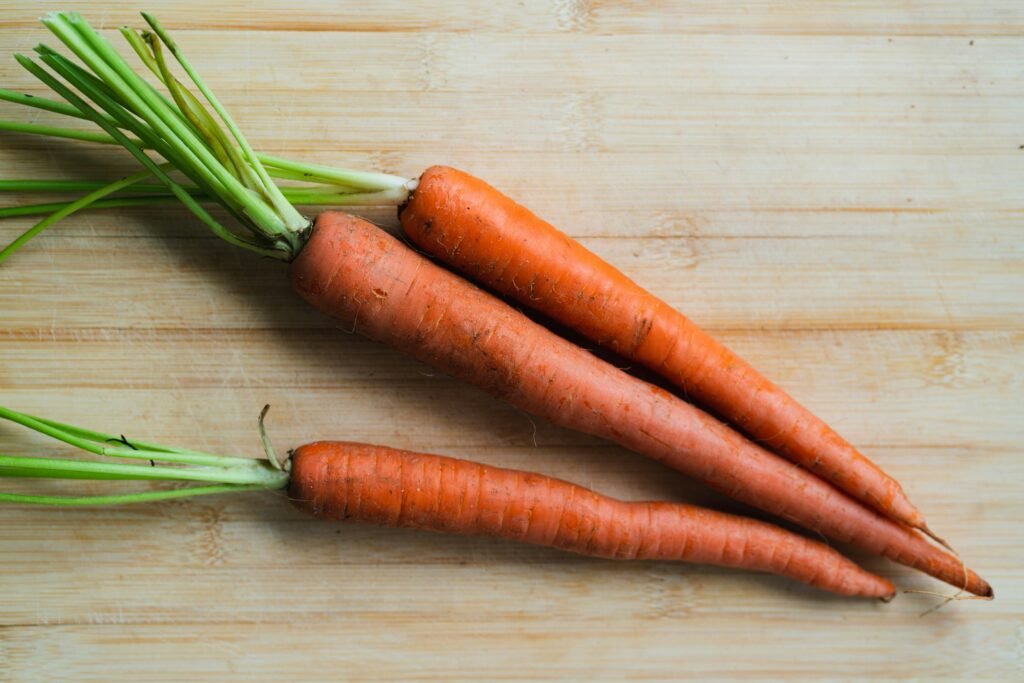
8. Kale:
- A great source of vitamins A, C, and K, which support overall hair and skin health.

9. Liver:
- Rich in biotin and vitamin A, both crucial for keratin synthesis.
10. Nuts and Seeds:
- Almonds, walnuts, and chia seeds are high in biotin, omega-3 fatty acids, and other essential vitamins and minerals.
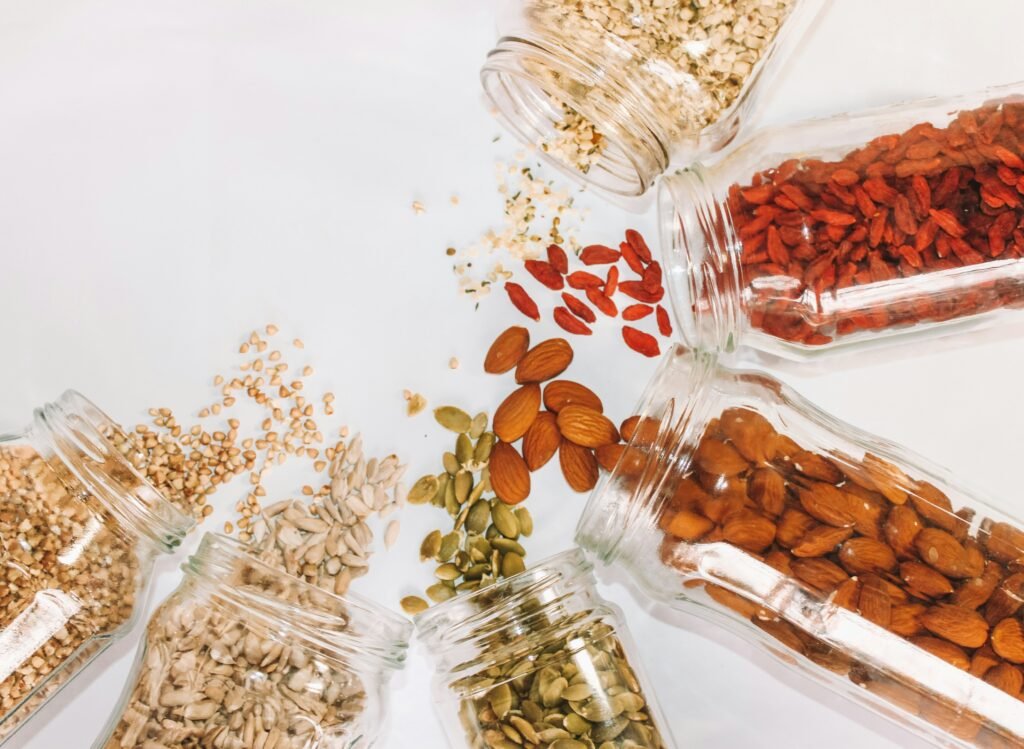
11. Yogurt:
- Contains protein, vitamin B5, and vitamin D, promoting hair follicle health and keratin production.
12. Blueberries:
- Rich in antioxidants and vitamin C, which protect hair follicles and support collagen production.
13. Spinach:
- Packed with vitamins A and C, iron, and folate, essential for keratin production and hair health.
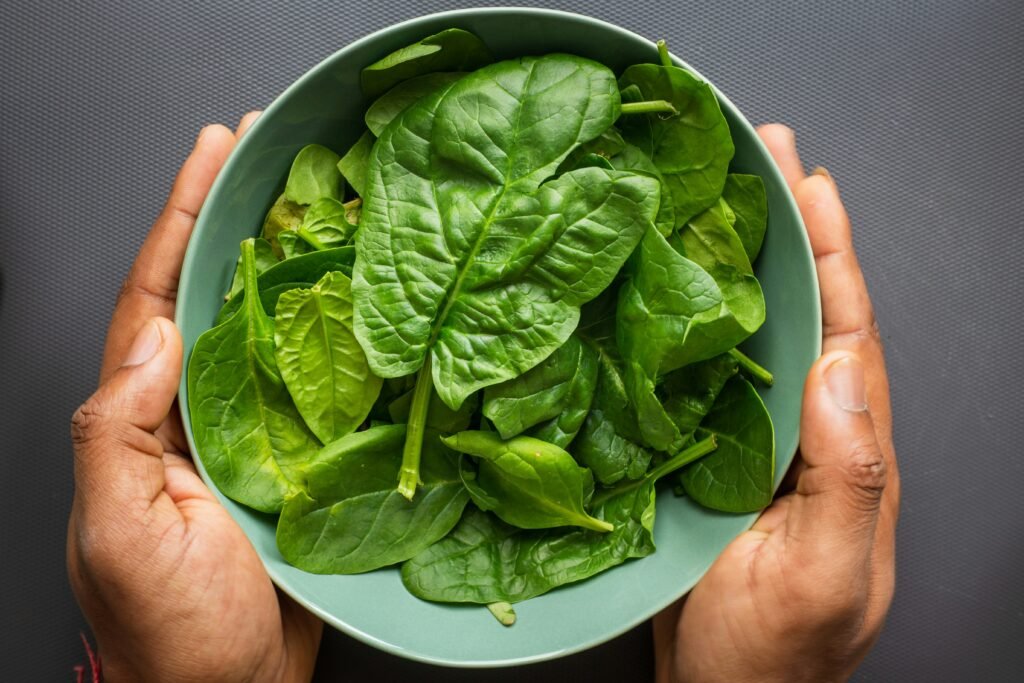
14. Oysters:
- High in zinc, which helps with keratin production and maintains healthy hair and skin.
15. Chicken:
- A lean source of protein and biotin, promoting keratin synthesis and strong hair and nails.
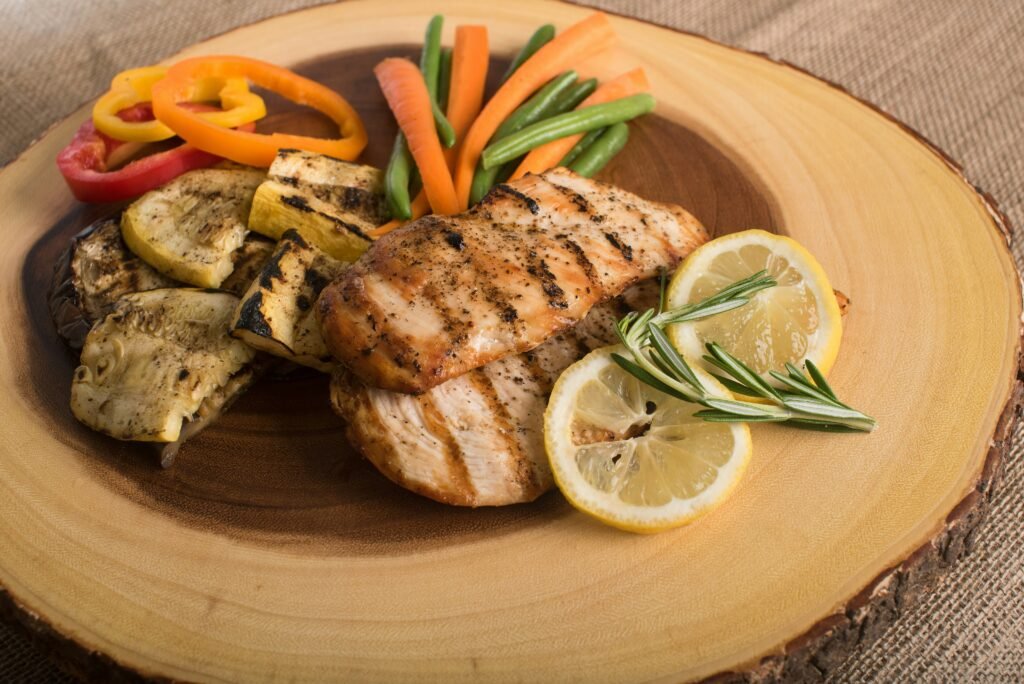
Lesser-Known Rich Keratin Food and Tips
While common foods like eggs, salmon, and sweet potatoes are widely recognized for their benefits, there are lesser-known foods and tips that can also contribute significantly to keratin production:
- Bananas:
- Contain silica, which helps synthesize keratin.
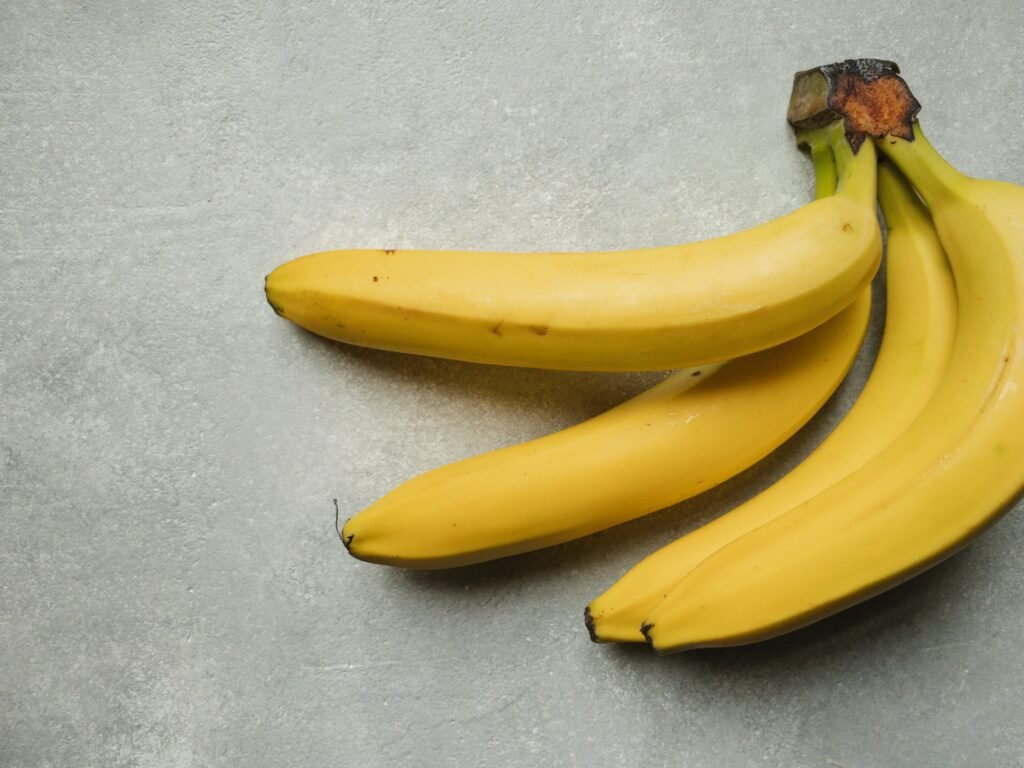
- Legumes:
- Lentils, chickpeas, and beans provide plant-based protein and biotin.
- Gelatin:
- Rich in glycine and proline, amino acids that are key components of keratin.
- Broccoli:
- Contains vitamins A, C, and calcium, promoting keratin production.
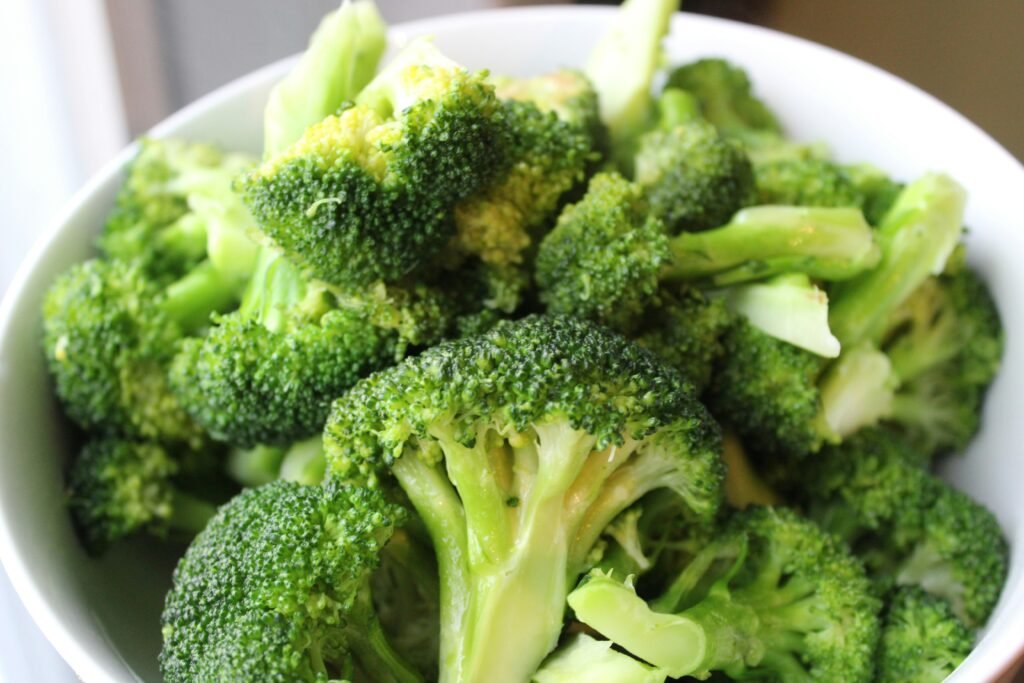
- Cottage Cheese:
- High in protein and calcium, aiding in hair and nail strength.
- Quinoa:
- A complete protein source with all essential amino acids needed for keratin synthesis.
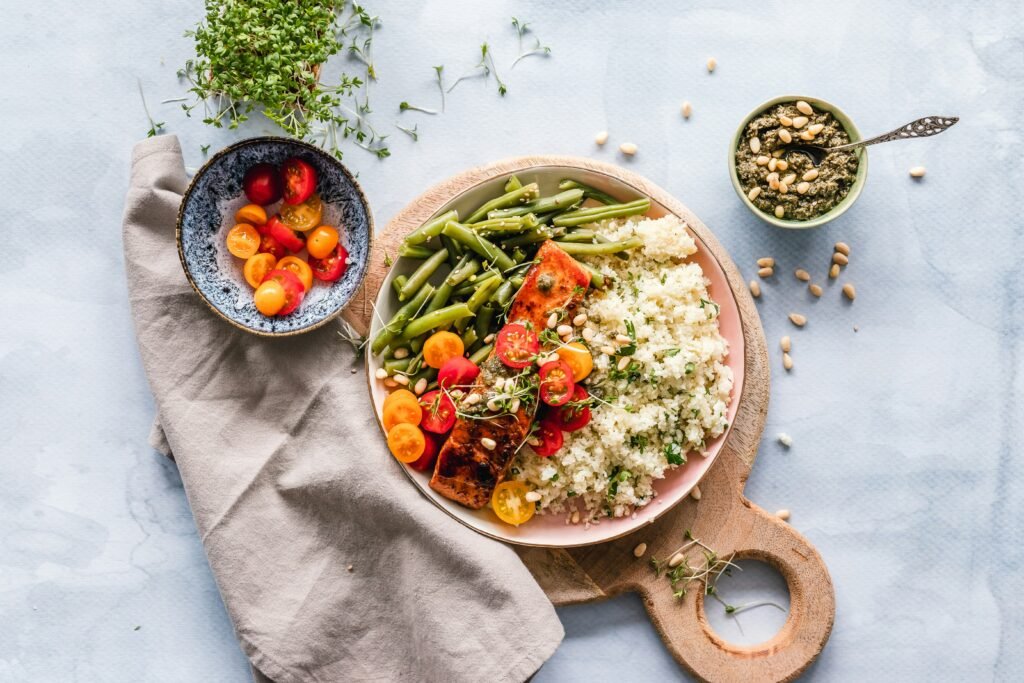
Tips for Enhancing Keratin Production
Apart from adding rich keratin food to your diet, here are some tips to help you get healthy hair, nails, and skin.
- Balanced Diet:
- Ensure a balanced intake of proteins, vitamins, and minerals to support overall health and keratin production.
- Hydration:
- Drink plenty of water to keep your skin, hair, and nails hydrated and healthy.
- Supplements:
- Consider supplements like biotin, collagen, and omega-3 fatty acids if dietary intake is insufficient.
- Avoid Heat and Chemicals:
- Minimize the use of heat styling tools and chemical treatments that can damage keratin in hair.
- Regular Hair Care:
- Maintain a regular hair care routine that includes gentle cleansing and conditioning to protect the keratin in your hair.
By focusing on a diet rich in keratin-boosting foods and incorporating healthy lifestyle habits, you can naturally enhance your body’s keratin production.
FAQs
Which foods are rich in keratin-boosting nutrients?
- Answer: Foods high in keratin-boosting nutrients include eggs, fish, lean meats, nuts, seeds, beans, and leafy greens. These foods provide essential amino acids, vitamins, and minerals necessary for keratin production.
Can a vegetarian or vegan diet support healthy keratin levels?
- Answer: Yes, a vegetarian or vegan diet can support healthy keratin levels by including plant-based proteins (like beans, lentils, and tofu), nuts, seeds, and plenty of fruits and vegetables that provide essential vitamins and minerals.
Are there any specific vitamins that help with keratin production?
- Answer: Vitamins that aid in keratin production include biotin (Vitamin B7), Vitamin A, Vitamin C, and Vitamin E. These vitamins help in protein synthesis, collagen production, and protecting cells from oxidative damage.
How long does it take to see improvements in hair, skin, and nails after increasing keratin-rich foods in my diet?
- Answer: Visible improvements in hair, skin, and nails can take several weeks to months, depending on individual health conditions and the consistency of including rich keratin food in the diet. Regular intake and a balanced diet are key to seeing long-term benefits
Are there any side effects of consuming too much rich keratin food?
- Answer: Generally, consuming keratin-rich foods as part of a balanced diet is safe. However, excessive intake of any single nutrient can lead to imbalances and potential health issues. It’s essential to maintain a varied diet and consult a healthcare professional if you have concerns.
Should I take keratin supplements?
- Answer: While keratin supplements are available, it’s usually best to get nutrients from food sources. Supplements can help in cases of deficiency but may not be necessary for everyone. Consult with a healthcare provider before starting any supplement regimen to ensure it’s appropriate for your needs.
